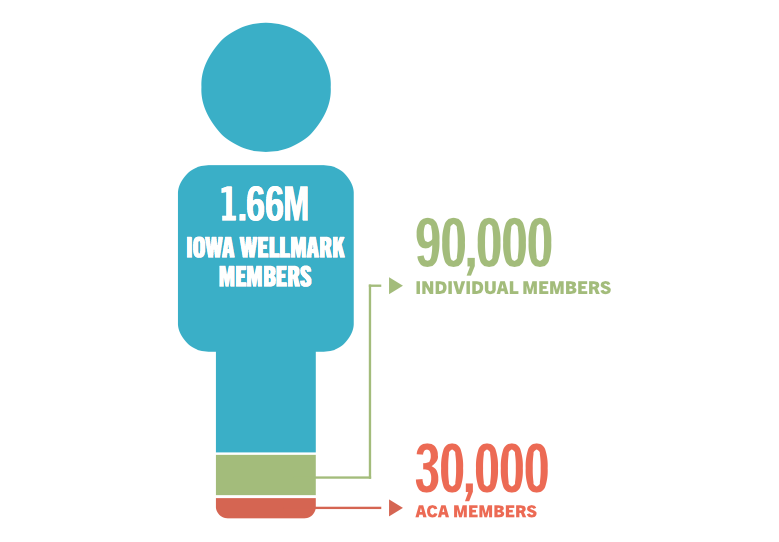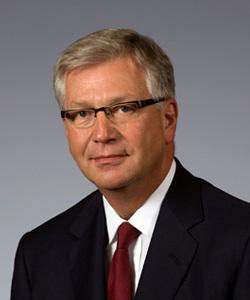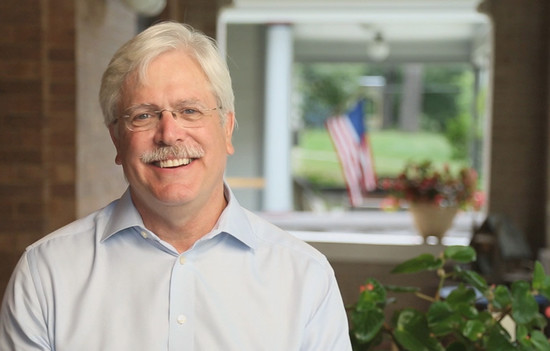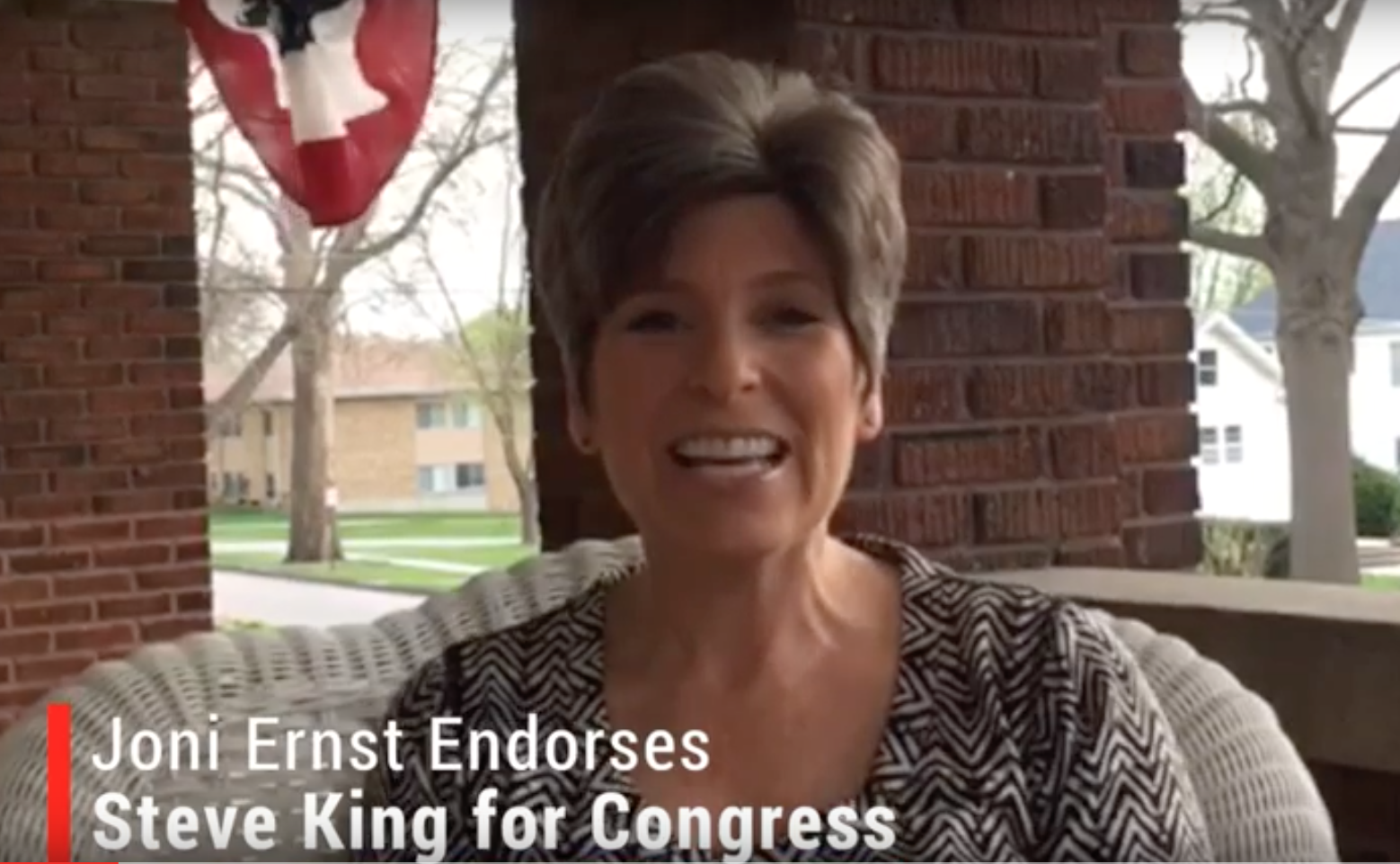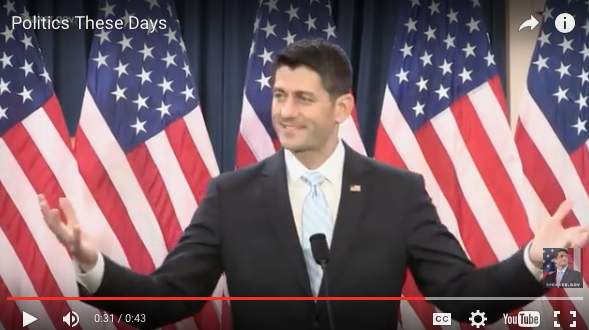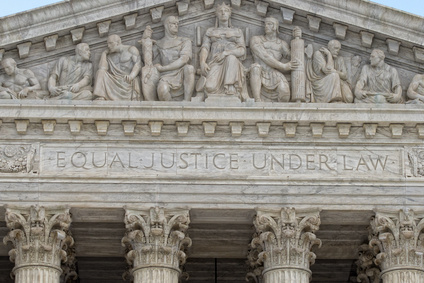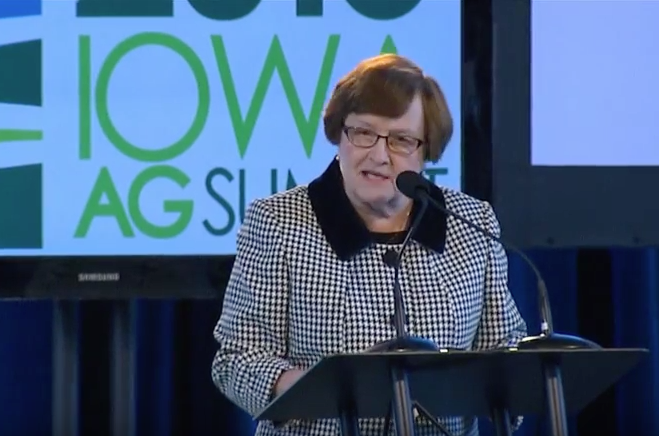Though presumptive Republican presidential nominee Donald Trump says something outrageous on almost a daily basis, I can’t get over his incredibly offensive comments this week about U.S. District Court Judge Gonzalo Curiel. On Thursday he said out loud that a judge should not hear the case involving alleged fraud by one of his companies, because Curiel’s “Mexican heritage” creates “an absolute conflict.”
Trump doubled down in an interview with CNN’s Jake Tapper yesterday. Media Matters posted the partial transcript, and I’ve enclosed excerpts below. Trump repeatedly asserted he has been “treated very unfairly” by Judge Curiel, because “I’m building a wall” along the Mexican border. He called Curiel “Mexican” even though the judge is a native-born U.S. citizen and repeatedly said the judge is “proud of his heritage,” as if that should be disqualifying. He also claimed the case involving Trump University should have been over two years ago–but if that’s the case, what does the wall have to do with it? Trump only started talking about the border wall last year, as a presidential candidate.
I’ve never heard Republican strategist Ana Navarro sound as angry as she did while talking about these comments on CNN yesterday. Her kicker: “what he is doing is disgusting. I am livid about it, and if this is his strategy to win over Hispanics, he’s got a hell of a wake-up call coming to him come November.”
In early 2013, the Republican National Committee published its Growth & Opportunity Project, better known as the so-called “autopsy” on Mitt Romney’s failed 2012 presidential campaign. A key point in that document concerned the need for Republicans to do a better job appealing to Latino voters. It’s hard to conceive of a candidate more alienating to that demographic than Trump. This week, Jonathan Martin and Alexander Burns reported for the New York Times that Ruth Guerra is resigning as head of the RNC’s Hispanic media relations because she did not want to work for Trump. Adrian Carrasquillo reported for Buzzfeed that Guerra’s replacement Helen Aguirre Ferré has been “very critical of Trump in a multitude of Spanish-language interviews” and wrote in now-deleted Tweets that she was #NeverTrump.
Every Iowa Republican who has promised to support Trump should be held accountable for the GOP standard-bearer’s bigoted view of a federal judge. Let’s start with Senator Chuck Grassley, who is preventing President Barack Obama from filling a U.S. Supreme Court vacancy in the hope that Trump will be able to name Justice Antonin Scalia’s successor. Does Grassley think whole ethnic groups should be disqualified from hearing certain kinds of cases?
UPDATE: Several prominent Republicans have condemned Trump’s remarks about Curiel, Dan Balz reported for the Washington Post. One of them was Newt Gingrich: “I don’t know what Trump’s reasoning was, and I don’t care, […] His description of the judge in terms of his parentage is completely unacceptable.” Maybe a Trump/Newt ticket isn’t the perfect match I thought it would be. LATER UPDATE: On June 6 Trump said on Fox News, “as far as Newt is concerned, I saw Newt, I was surprised at Newt, I thought it was inappropriate what he said.”
SECOND UPDATE: Grassley didn’t condemn Trump’s remarks during his meetings in meetings in three towns on June 3 as part of his 99-county tour. Asked to comment by Pat Rynard, Grassley said, “It would help him very much to be elected President of the U.S. if he would be a little more mild in his demeanor.” In other words, the chair of the Senate Judiciary Committee has nothing to say about the substance of Trump’s beliefs about a federal judge’s ethnicity as disqualifying. But Grassley wishes Trump would display a different “demeanor” to improve his chances of winning the November election. Weak.
At Grassley’s Humboldt even, he dodged a question from someone else about Trump’s comments: “And the other point your brought up about what he says about a judge, I’ve already answered that–there’s a process for anybody that doesn’t like the judge you have, you think that judge isn’t going to be fair, you can file a petition. And if you file a petition that a judge should get out, and that judge says you shouldn’t get out, then you’ve got a right to appeal that to a higher court and get fair judgment that way.” Again, he did not address the central issue: the Republican candidate believes a judge whose parents came to this country from Mexico cannot be impartial.
Meanwhile, Trump refused to back down during a June 5 appearance on the CBS show “Face the Nation.” Now he says it’s “common sense” that being “proud of his heritage” is why Judge Curiel “not treating me fairly.” Furthermore, Trump told John Dickerson, it’s “possible” that a Muslim judge also would not be able to treat him fairly in court.
THIRD UPDATE: Added below some of Governor Terry Branstad’s outrageous comments on the story.
FOURTH UPDATE: Grassley spoke further about the subject to Roll Call’s Bridget Bowman. Excerpts are below.
Continue Reading...





